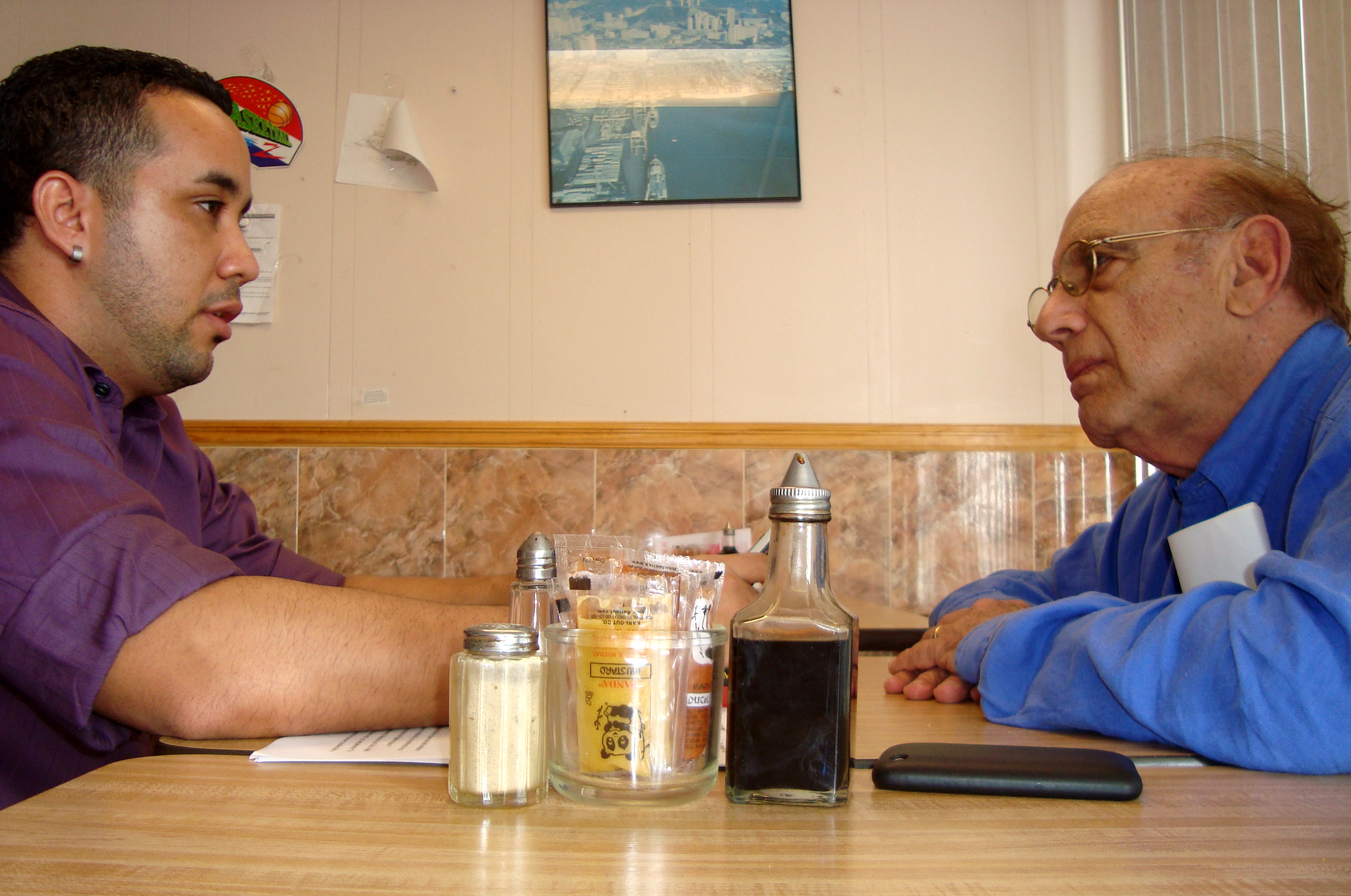
I saw him before me, for the first time, in a television studio in Miami. He had been invited to debate an incident in which he had been a protagonist: A billboard, in an anti-Castro city par excellence, that for twenty-four hours spoke out on behalf of the five Cuban members of the “Wasp Network” who are considered heroes in Cuba and spies in Miami. Shortly after being installed on a central avenue, the billboard of discord would be removed in the face of protests from radical groups.
The “Marti Alliance,” an organization headed by Max Lesnik, had paid for the placement of this sign.
I believe this aroused my curiosity, my particular interest, in interviewing one of the most controversial and least-liked public figures in south Florida. For many, he is the leader of pro-Fidel and pro-Communist movements within the exile community, regardless of how much he insists that he doesn’t defend a doctrine based on Communism.
Our meeting took place without protocols or restraints on his part: an email asking for an interview, another responding affirmatively. After, the address of the radio station where this man, a militant of the old Cuban Orthodox Party, dedicated a part of his life to the media.
Next to this small radio station, its walls decorated with images of Martí and Chibás, Antonio Guiteras, Fidel Castro and Hugo Chávez, a small Chinese restaurant served as the stage for a two-hour interview, after the lunch to which Max Lesnik treated me.
How can I introduce this man, bound by ties of friendship to the leader of the Cuban Revolution, defending some of the most criticized positions of the Island’s government. As a young journalist, a recent arrival to this city, opposed to the regime that runs my country, but possessing a democratic vocation that allows me to hear the arguments of everyone who wants to share them with me.
Seen very clearly, Max Lesnik is nothing more than a dissident in Miami. And complex exhilarating characters, those who generate reactions — for and against — due to their unfettered advocacy of their positions, will never cease to interest me.
I reproduce below the first piece of this lengthy interview.
Ernesto Morales Licea: In the documentary “The Man of the Two Havanas,” filmed by your daughter, I remember you telling a reporter in a public protest, “Do not divide the Cuban family.” This was in relation to the limitations imposed by the Bush administration of three years between each visit to the Island. My first question is: in your view, who has divided the Cuban family more? The American government or the government of Cuba itself?
Max Lesnik: The Cuban family has been divided over time for different reasons. Both the Cuban and the United States governments have responsibility for this. But the seriousness of this is that when Cubans began to communicate again and there was a distension between the parties involved in a conflict, then the American government, pandering to the extreme right in Miami, took measures affecting not the Cuban government, but the Cuban people and the exiles who live here.
And I think Cuba does have responsibility with regards to the division of families, but two wrongs don’t make a right, and therefore the responsibility of the American government is totally immoral: when the Castro Revolution took measures that led to an exodus, they did it for reasons of principles that, right or wrong, had a self-justification.
But when the government here took measures to divide families they didn’t do it for honest reasons or ideological beliefs: they did it for electoral interests.
EML: But for many years the United States government didn’t touch Cuban-Americans traveling to the Island because it was the Cuban government who wouldn’t let them enter. It has been a trip of no return. In fact the Cubans who were left on the Island had to hide their links with the exiles, lest they’d face consequences. Does that strike you as more understandable and legitimate than Bush’s decision, which on the other hand I don’t share? It is more reasonable?
ML: No, no it’s not, but we have to recognize that this practice ended long ago. And in politics, like in daily life, the past must be understood and studied, because always when we work towards a better future we must start from a base of what it is, not what it was. And today Cubans on the Island do not suffer reprisals for having family abroad, nor do they have to hide them.
In the same way I recognize that the position taken by the current Obama administration is positive: eliminating all the obstacles established by Bush for traveling to Cuba, and if there are huge things in Cuba widely criticized like the so-called “white card,” then I believe it should be eliminated.
But I want to clarify that the Permission to Leave is not an invention of the current government; in the 1950s it was already a requirement to go to the Foreign Ministry and request a permit…
EML: Yes, but you will agree with me that we are talking about the Batista dictatorship, and supposedly this Revolution was to do away with all the bad practices. Or was it to continue them?
ML: That’s correct, I agree. But I just want to reaffirm that it is not a new procedure. And to be honest I will tell you: it was not widely applied at that time. It was in selective cases, with people of great interest to the government.
Anyway, if there are restrictive measures in Cuba for leaving the country, I am against them, and I said it there: I am opposed to limiting the right of people to leave the country.
EML: Call things by their name, Mr. Lesnik, these are not simply restrictive measures, These are violations of human rights contained in the Universal Declaration of Human Rights, where it says in writing that “every individual has the right to leave any country, including their own, and to return to their own country.”
Let me ask you: What if you suddenly left Miami, which is not where you were born but it is the city where you have lived most of your life, went to Cuba and made statements contrary to U.S. policy, and suddenly the American government prevented your from returning to your house in Miami?
ML: It would be very regrettable.
EML: We’re in agreement. So tell me then, what do you say to people who are not terrorists, drug smugglers, who have not tried to assassinate any leader, nor to introduce any plague, who are not fugitives from justice, and whom the Cuban government prevents from entering the Island for life only because of their opposing views?
ML: Well, if I were the Cuban government I would let them enter. Absolutely. But I am not the Cuban government.
That country should let anyone who wants to leave, leave, and anyone who wants to return, return. Of course with the limitations you yourself have clarified: there are people who have been to Cuba and committed crimes and some are caught and some are not.
But you can’t fail to understand that freedom from the point of view of governments is always in direct relation to State security.
What does this mean? Well, when a State, for internal political reasons, feels insecure about the harassment of an enemy, it is clearly more restrictive in terms of public freedoms than when it feels solidly established.
In the United States a lot of people can say, “How much freedom!” But the American State is a secure State. But during McCarthyism when they imagined some Americans were sympathetic to the left, they were persecuted and imprisoned. Simply because the State wasn’t secure that it was in control of the situation.
EML: The problem, for me, is that Cuba has manipulated the issue of security at its convenience. It’s unacceptable that citizens, among whom I include myself, who never committed any crime nor have any links with violent organizations, cannot enter their own country because those who have seized it take reprisals against them.
ML: Have you applied for a visa to enter Cuba and been refused, or are you pre-judging?
EML: No, so far I haven’t applied, I’ve been in this country three months. But I’m reasoning based on well-known experience, Mr. Lesnik.
ML: Well, then let’s wait until you try it before judging, wouldn’t you agree? To me, you’re biased. I’m asking if you know any of these honorable people who are not allowed to enter Cuba just because they think differently about Cuban politics.
EML: I don’t have enough time in this interview to mention names, Mr. Lesnik. From ordinary people I’ve talked with here in Miami, to others who have become known precisely because of this, as in the case of Fernando Delgado Duran, a Cuban living in Austria, who recently staged a brief hunger strike to call attention to his case, that they will not allow him to visit his family. I’m sure that in Miami we could collect hundreds of thousands of similar testimonies, which I’m surprised you don’t know.
So I think that if your attitude is honest, you should not only defend some legitimate rights that the government of the island has on behalf of its sovereignty, but also defend the respect for universal rights which are continually violated.
ML: But look, what I do know is that many would be allowed to enter Cuba and they are the ones who don’t want to, who proclaim that they do not want to go to Cuba as long as this regime is in force.
EML: In that case, it is their right. What is impossible to explain, for example, is why writer Amir Valle, today in Berlin, has written hundreds of letters to the authorities of the island demanding an explanation of why he has been denied his visa, even though his children are there, and after he reached a dead-end Valle put pressure on by saying that if they did not let him take his children or go to Cuba, he would mobilize the international left in a “reverse Elián” case. And only then he was allowed to take his children, but not to enter the country.
ML: Well he is saving himself from being called a traitor by extremist sectors here (in Miami) thanks to all that trouble. Because the other problem is that when you are not allowed to enter Cuba you complain that there is a dictatorship, but when the government of Cuba lets you in you are called a traitor here.
EML: That is quite a pickle, at least for me. Being branded a traitor by people who don’t concern me the least.
ML: Over there it’s wrong that you are not allowed out or in, and here they do the same but in reverse, calling people traitors if they travel to Cuba.
EML: But there is no comparison between a laughable insult and a restriction to travel to your own country Mr. Lesnik.
ML: I am not saying it is the same thing, but Miami’s extremist community slanders and denigrates anyone who doesn’t follow the official stance of stigmatizing Cuba and saying that everything coming from the island is evil.
EML: But the evidence that this extremist community has no impact on anything is yourself. If this community had any control over things, any determination over anything, and any power other than uttering pointless insults, you wouldn’t be allowed to return to Miami when you appear on Cuban television praising the Cuban Revolution. This is the immense difference: the small group of extremists, as you call them, determines nothing. The Cuban government determines everything.
ML: Well, but if they have a way of controlling things they obviously wouldn’t let me back in. Because the facts are there: the Cuban community in the south of Florida, for electoral reason, pressures and conditions everything that has anything to do with Cuba.
Then the policies of exile don’t fully translate to the America policies towards Cuba, but that is the intention. I don’t tire of saying that to reach an ideal society it is easier to start from where Cuba is today than to change everything and go back to yesterday’s Cuba with all the ingredients that those in Miami would prefer.
That’s how I see it, as I declare myself a democratic socialist and averse to any form of dictatorship.
EML: I deduce from your words that you don’t consider the current Cuban government a dictatorship.
ML: In my view there is a government that maintains an evolutionary system capable of changing in any way if the Cubans desired to do so. But not because of outside pressures.
In that case, if Cubans wished, Cuba could be transformed; what will never be transformed is Cuban exile. Not even with your arrival here in Miami. Because people come from Cuba with a different flare and with a critical position against everything they’ve left behind such as yours; but, without intentions to make improvements of the Cuban society through terrorist acts or military action, they are left with not but one choice: to fold and adopt that position, contrary to their initial ideals, or they suffer the consequences of being considered communist or similar.
I believe, for example, that there are people in Cuba that also fold. People within the government who see with critical eyes many of the things happening around them and say nothing. Rather they stay the course in order to survive.
And there are some here who do the same; who fold to the interest of irrational and intolerant monsters who are in control of power.
Do you want a better example than what happen to the billboard we put up on a street in Miami asking for the release of the Five? I would have rather had it stay, to demonstrate that we do have democracy here. But no. What they accomplished was to demonstrate that there is more intolerance here than there is in Cuba, because there at least you can argue that the State has enemies that threaten its stability.
EML: I am glad to hear you speak about tolerance. In 1968 you started the magazine “Replica” here in Miami, which in many ways dissents with the United States policies. It is well-known that there were attempts to shut it down, either via violent ways as well as political campaigns. But you were able to keep it going, nobody threw you in jail nor did the government shut the publication down by force.
Today, you have a radio show that doesn’t agree by any stretch with US policies, much less with Miami views. Nobody shuts your radio station down or throws you in jail.
ML: Yes, but when “Replica” was first published, where, by the way, I allowed all parties to express their point of view, from leftist to rightist articles, the most obstinate sectors in Cuban exile wanted me to editorially abide by their position.
My declining, and the publishing of an editorial where I denounced terrorism, resulted in my being threatened with bombs, not just at the magazine’s offices but also at stands where it was sold. It also served to have all of those working, promoting, or supporting the publication be personally threatened.
EML: Nevertheless, just a bit ago you said we shouldn’t judge Cuba’s reality based on mistakes made in the past, right? You said that Cuba has overcome many things of the past and must be given credit for that. But I say the same thing here. This country has also overcome, and rapidly, many of the ways of the past, and if you don’t believe it tell Rosa Parks, who refused to give up her seat on the bus to a white man, that decades later someone with the same color skin as hers would be president of the country.
Currently there is not a single case of violence or explicit threats against people in this city who exercise their right of free expression, Mr. Lesnik. If you and I started a magazine now that didn’t agree with official government policy, nor with the extreme right of this city, no one would put a bomb… Correct me if I’m wrong.
ML: OK, I don’t know if they wouldn’t place a bomb because they’re afraid of the FBI. If they would use other methods. And terrorism isn’t only about setting off bombs. If the restaurant where we’re sitting now advertises in your and my magazine, and they get a telephone call accusing them of being traitors and communists, and the owner has to call our magazine and withdraw his ad because he’s afraid, that’s also terrorism.
EML: This is too subjective for me to understand. What is objective is that we could open that magazine. In Cuba, no. In Cuba it would cost us a prison sentence to fund and distribute a magazine against the interests of the government. The Penal Code includes explicit sanctions for those who distribute enemy propaganda.
ML: And then what about the blogs written from within Cuba against the government? Why has no one been imprisoned for that based on the same Penal Code?
EML: Very simple, because there’s a loophole in the law which, incidentally, will no doubt be filled very soon in some way. The blogs are on an ethereal platform, intangible, the internet. In addition, independent blogs are not “distributed”: they simply are. An author loads his post and users access or don’t access the site: there is no distribution. It’s as if I write a journal and leave it in the doorway of my house, and passersby come into my house and read the magazine there. Who can be charged?
Then, returning to the starting point, I find it incomprehensible to affirm that there is more tolerance there than here, when for me, for publishing a text that departed from the official posture regarding the case of Zapata and an interview the blogger Yoani Sanchez, I was notoriously expelled from my place of work, and they hung a sign on me automatically labeling me, “enemy.”
ML: Seen like that, it’s true, you’re right, but that’s not what we were talking about.
EML: We were talking about intolerance, Mr. Lesnik, which you said was worse here than in Cuba.
ML: What I said to you just now was that tolerance and freedom are in direct relation to the security of the State. I am free to express my points of view because in fact my comments have no repercussions with regards to changing the society in which I live.
EML: And then why, in Cuba, is there so much fear about articles that don’t share the official position. Isn’t the Cuban process supported by the masses, by the people? Then where does the fear come from?
ML: I’ll explain it to you: if I, for expressing my points of view, in a blog, a magazine, a newspaper, receive money from a foreign government, be it Venezuela, Cuba, Russia, China, obviously the American state would not tolerate it.
EML: And you receive nothing for your column in Cubadebate?
ML: No man, no. I don’t even send them those articles. They take them from Radio Miami and post them there, for which I thank them, just like I would thank Channel 41 if they took my radio commentaries and introduced them in their programming. I would be very glad to give them the rights.
But I repeat: If I were paid for what I do by an enemy foreign government, the United States would not allow it.
Thus, when the U.S. government publicly sends $20 million to help, support and maintain the Cuban opposition, how can we think this freedom of expression of supposed independent journalists and bloggers is clean when we know they receive this “help.”
EML: Mr. Lesnik: I never received a single penny for writing my articles.
ML: Fine, but it follows that the Cuban government suspects through associations of ideas that everyone who publishes ideas of this kind is financed by the enemy.
EML: But this “suspicion” is absurd, Mr. Lesnik. There’s nothing else to call it.
And speaking of dissent, if the government doesn’t allow me within my own country to have a position contrary to theirs, and at the same time to survive, to keep my life, I have two options: 1. To desist from this contrary position, to submit, to use their own expression, or, 2. To accept economic help which in this case can only come from the exterior. It’s a trap, a dead-end that leads to no one being able to speak in opposition.
ML: Then for you this practice is justified, this buying of the dissidents.
EML: No, what I’m saying is that this is a consequence of a mechanism designed so that Cuban dissidents cannot exercise their political arguments. If a Cuban with a lot of money, within the Island, would like to finance the political activity of an opponent, as happens all over the world, or if at least the dissidents could engage in their activity but sustain themselves economically within Cuban society itself, I think this problem would not exist: the United States could keep its $20 million.
ML: But in the Revolution of the ’30s, and in the fight against Batista and Machado, and in the War of Independence in 1895, not one patriot received money from foreign governments.
EML: No, but Martí came here just to raise funds for the struggle.
ML: Among the people in exile. Not from the government.
EML: Fine, but today’s opponents cannot leave Cuba as Martí could.
ML: Boy, they receive it by other routes, today there are thousands of ways… They can get it from Western Union.
EML: And in your view would that be legal? Let’s see: if I was now a successful businessman from Miami without ties of any kind to the government, and as a Cuban I wanted to finance the political career of Oswaldo Payá, Dagoberto Valdés, Oscar Elías Biscet… then what?
ML: It has already been published that Mrs. Pollán and the Ladies in White receive money from a gentleman here with links to terrorism. And for this she hasn’t been imprisoned…
EML: You aren’t answering my question. If the American government eliminated these funds, and if independent institutions — which also exist — were those who sent money for the cause of these opponents, just like exiles here gave funds to Martí for this fight against the Spanish, would you consider this fine, and from your perspective should the Cuban government accept it?
ML: I don’t know if the Cuban government will take measures against individuals from there who receive money from individuals here. My answer to you is: This is valid. What is not valid is to receive money from a foreign government.
March 17 2011
 In Cuba, access to the internet is restricted and very expensive for citizens, but it is also controlled by state institutions. According to the government, the restrictions on individuals are due to the embargo, which limits the conditions and quality of the connection.
In Cuba, access to the internet is restricted and very expensive for citizens, but it is also controlled by state institutions. According to the government, the restrictions on individuals are due to the embargo, which limits the conditions and quality of the connection.
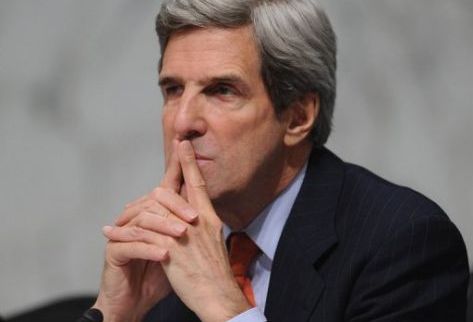
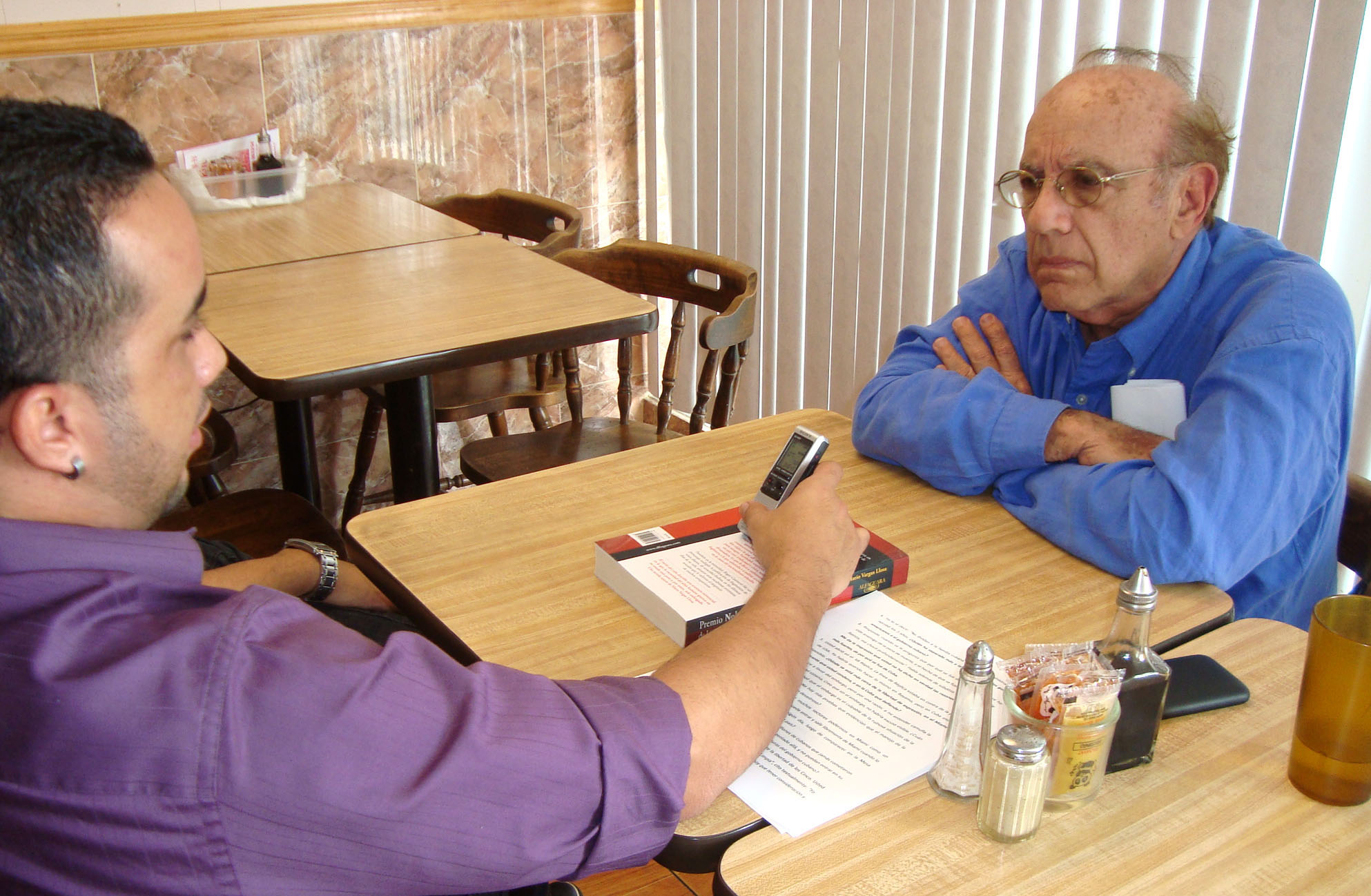

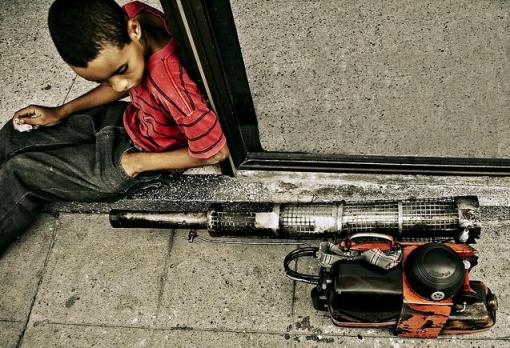
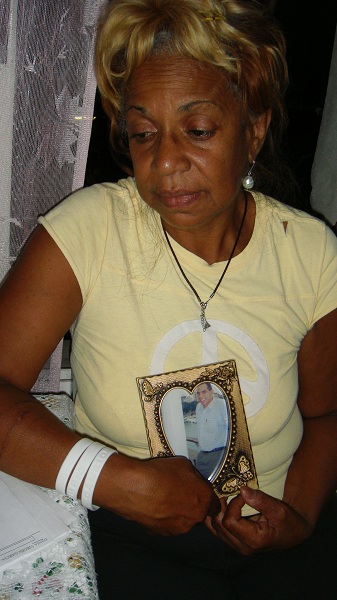 Sixty-four year old Lilia Castaner, a calm-voiced woman who for 8 years has lost her smile, lives in an old multi-family house in the Vedado neighborhood, just steps from Havana’s Malecon.
Sixty-four year old Lilia Castaner, a calm-voiced woman who for 8 years has lost her smile, lives in an old multi-family house in the Vedado neighborhood, just steps from Havana’s Malecon.



 In December 2009, Cuban State Security detained without charges the USAID subcontractor Alan Gross, for bringing satellite connection equipment to the island. At the end of March 2010, the Department of Technical Investigations (DTI) which serves the “section of evils” (prostitution), arrested an Italian man addicted to sex with young girls, according to the record No 92 of the People’s Popular Court of Las Tunas, from February 25 of this year.
In December 2009, Cuban State Security detained without charges the USAID subcontractor Alan Gross, for bringing satellite connection equipment to the island. At the end of March 2010, the Department of Technical Investigations (DTI) which serves the “section of evils” (prostitution), arrested an Italian man addicted to sex with young girls, according to the record No 92 of the People’s Popular Court of Las Tunas, from February 25 of this year.